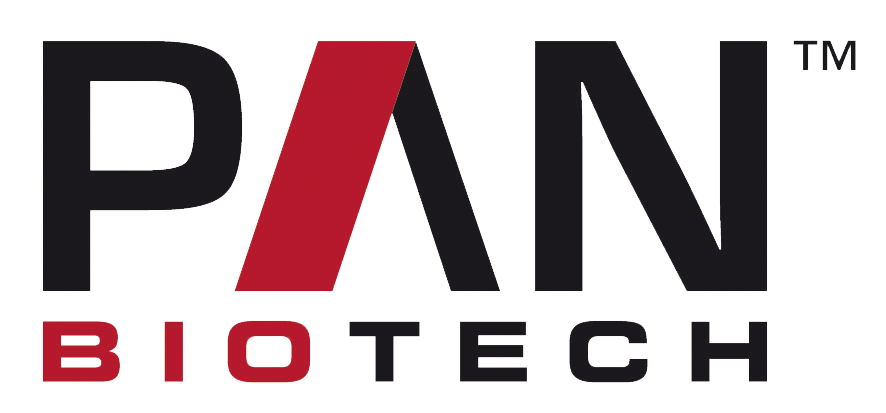Endopan PRO ready-to-use
Price on request
Product information "Endopan PRO ready-to-use"
Background
Endothelial cells from blood and lymphatic vessels or the internal cavities of the heart play a key role in many physiological and patho-physiological processes. They display a strongly flattened, polygonal form and mostly rest on a basal membrane. With a total number of about 1012 cells, the endothelium is one of the biggest organs of the body and plays a key role in many physiological and pathophysiological processes.
A number of factors control proliferation or apoptosis of endothelial cells, thereby regulating the maintenance, degeneration, or regeneration of blood vessels. New blood vessel formation occurs via angiogenesis or vasculogenesis, a process thought to be restricted to embryonic development.
In 1997, postnatal vasculogenesis has been proposed as an important mechanism for angiogenesis via blood or bone marrow derived circulating progenitor endothelial cells (PEC) (Asahara et al, Science 1997). Consequently, PECs have been extensively studied as a potential cell therapy for the repair of damaged blood vessels.
Animal studies clearly demonstrated that administration of PECs partially rescued cardiovascular dysfunction or myocardial injury with evidence for PEC contribution to new vessel growth. In most studies, PECs are defined by cell surface expression of CD34, CD133, or VEGF-R2 (KDR).
Because these molecules are also present on hematopoietic progenitors, relying only on surface markers can not exclude a contamination with hematopoietic linage cells. More recently, a PEC population has been identified which shows expression of endothelial as well as progenitor, but not hematopoietic cell markers (Ingram et al, Blood. 2004;104:2752).
Importantly, these cells have been tested for a high proliferative potential in clonogenic assays and additionally characterized by formation of functional blood vessels in vivo (Yoder et al, Blood. 2007;109:1801).
Composition
Endopan PRO ready-to-use is a complete medium specially developed for the in vitro culture of human progenitor endothelial cells (hPEC) containing all components necessary for optimal colony formation, clonogenic growth, and rapid proliferation.
Endopan PRO Kit is provided with FBS growth supplement (pre-screened and tested for progenitor cells) and additional supplements in separate sterile packing. This will enable the user to prepare a medium for special applications.
| Cell Type: | Endothelial Cells |
|---|---|
| Liquid / Powder: | Liquid |
| Product Category: | Cell Specific Media |
| Size: | 500 ml |
| Sterile: | Yes |
| Storage: | +2°C - +8°C |

